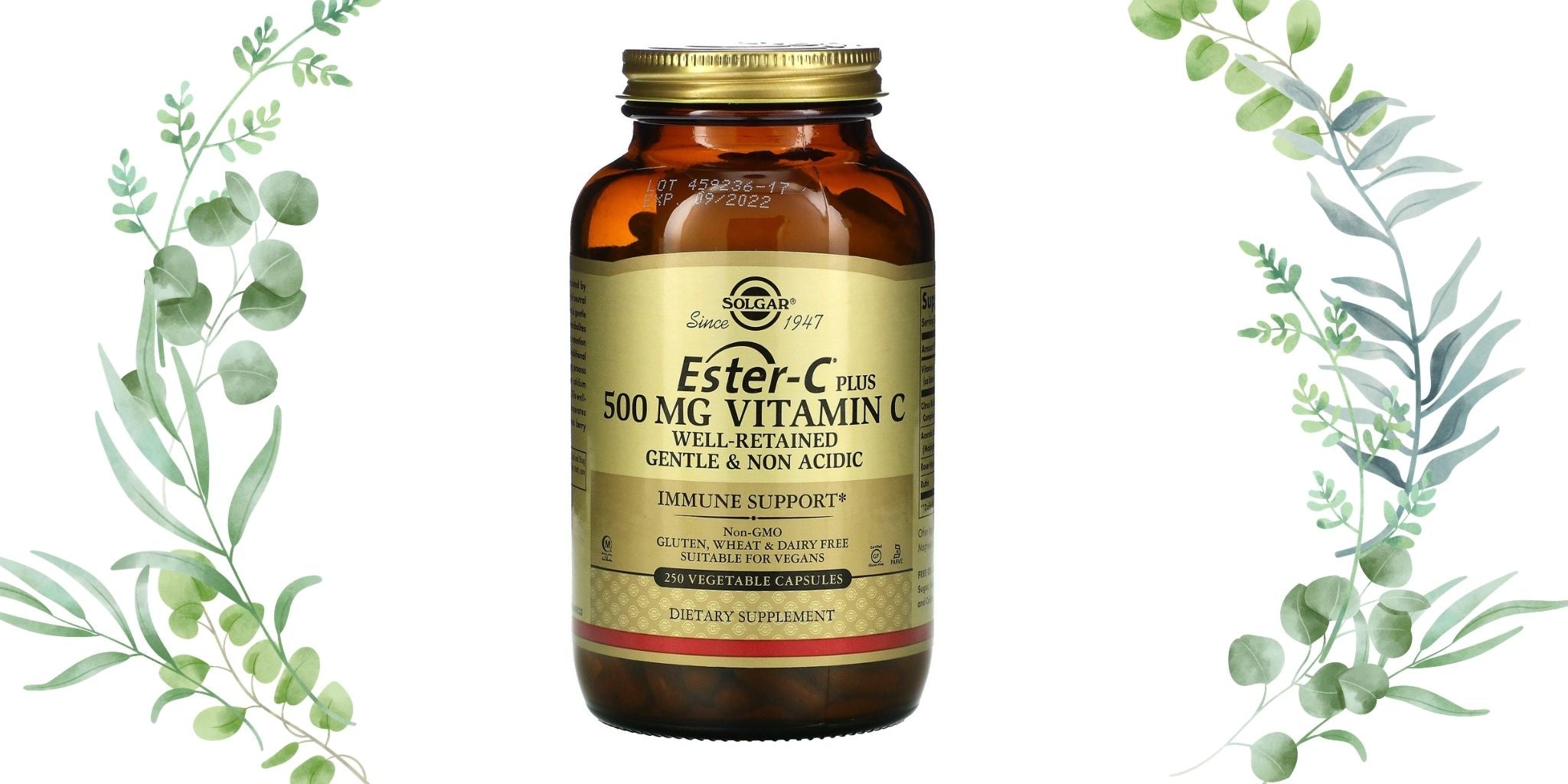
While the fountain of youth might be just a wishful myth, natural supplements are legendary in the health benefits they pertain to. Vitamin C is one of the most volatile and resourceful nutrients that you could add to your diet. Its primary asset is that it helps repair body tissues, which makes vitamin C extremely effective for skin-related scarcities.
What should you expect? From the wide range of skin benefits, two stand out. First, vitamin C stimulates collagen synthesis, which is the most abundant protein in our bodies. Briefly, collagen keeps your skin tight, which translates into preserving it youthful. Secondly, since it is an antioxidant, anti-inflammatory nutrient, vitamin C protects against UV-induced skin damage. UV rays are known to contribute the most to skin ageing. However, you can undoubtedly dodge the damage if you boost vitamin intake.
Vitamin C displays a full palette of benefits for the skin, allowing a flawless, rejuvenated complexion. Here we dive into the many layers of this rich nutrient in an attempt to solve some of your inquiries.
Skin benefits of vitamin C that make it legendary
When you look at the properties vitamin C enlists, it feels like a golden fish is swimming in a bowl waiting for you to grab it. The benefits of vitamin C for the skin are clinically proven, and wouldn't it be a pity not to get the most out of them given the resources?
- Treats skin hyperpigmentation and age spots
Hyperpigmentation and age spots are two phenomena that result from too much melanin being produced by our bodies. Melanin, the pigment that gives a tone to our skin, can become overly potent in many situations, even during pregnancies. Dark spots are not necessarily damaging to our health, but they tend to be perceived unaesthetic by many.
Vitamin C acts out as an inhibitor to melanin becoming overly volatile, preventing your skin from being assaulted by dark patches. However, this nutrient proves beneficial in fighting already achieved conditions as such, so it is never too late to add vitamin C to your skin-care routine.
- Boost collagen production and increases elasticity
Collagen is central to the structure of our tissues all over our bodies, including the skin. As we get older and older, collagen synthesis decreases, which is why our skin loses firmness and becomes saggy.
Applying vitamin C skin-care products topically, the nutrient will immediately encourage cell regeneration, stimulating collagen and elastin production (crucial elements for a firm and elastic skin).
- Reduces redness
Once again, vitamin C proves beneficial for the skin through its monumental properties. Redness is a condition that usually results from extended exposure to the sun. Additionally, you could experience discolouration or uneven skin with UV exposure or particular medical conditions.
Since vitamin C accelerates cell turnover, it helps soothe the skin and heal the damaged capillaries that caused the redness earlier.
- Hydrates and moisturizes
It is everyone's dream to display healthy-looking skin, plumpy, bright, and smooth to the touch. Today it is even harder to achieve such goals due to pollution and similar modern adversities; nonetheless, vitamins are here to save the epidermis!
The leading cause of dehydration is transepidermal water loss, which vitamin C helps decrease by fortifying the skin, then allowing it to keep in the moisture and not get dry.
- Evens out lines and wrinkles
If there were a villain that our skins have to combat constantly, that would be the free radicals. These particles are the byproduct of our bodies' interaction with UV rays, pollution, smoking, and other environmental toxins.
Vitamin C, along with other spectacular nutrient warriors, dares to fight back by neutralizing free radicals. That's partly why vitamin C is called an antioxidant because it balances the adversities we face in the environment by boosting skin regeneration.
Dietary intake or topical application?
Since vitamin C, also known as L-ascorbic acid, isn't produced by our bodies, it is necessary to extract it from the environment. While we do it most of the time involuntarily through our diets, it is essential to note extended means of boosting vitamin C in your organism.
- Diet
Citrus fruits, such as oranges and grapefruits, are abundant in vitamin C and should never miss your bucket list. Also, potatoes and broccoli are vegetables that can be highly efficient salty alternatives you can ingest. Although a rich diet in vitamins will ensure the necessary nutrient intake, it won't be enough for rejuvenating purposes all by itself.

- Supplements
Dietary supplements have the duty of giving you the necessary daily vitamin dose. However, for your skin to benefit the most from the pills, you have to opt for a trustworthy product carefully. Take Solgar Ester-C Plus - this vitamin C dietary supplement earned its place as a leading product in the industry. The product has a pretty effective resume, from the proper dark bottle to the non-acidic formula and additional herbs used in the capsules.
- Topical application
Administering vitamin C topically through creams or serums proves to be extremely potent for the skin. Topical application has the main advantage of getting a direct road to the epidermis, making it the fastest means of releasing vitamin C in your skin.
Is vitamin C risky in any way?
How much should I supplement my diet with vitamin C?
Specialists say that 500 mg a day of vitamin C dietary supplements should be enough to see health results. It is essential to read the prospectus and consult with a nutritionist for additional guidance.
What happens if I am allergic?
Sensitive skins tend to react differently to vitamin intake than normal skins. If you're applying vitamin C topically, there is a possibility to experience itchiness locally. You can balance such symptoms by applying a moisturizer over the serum you're using.
Always pay attention to reviews and make sure to test the product you bought on a small patch of skin to see if you get any adverse reaction.


